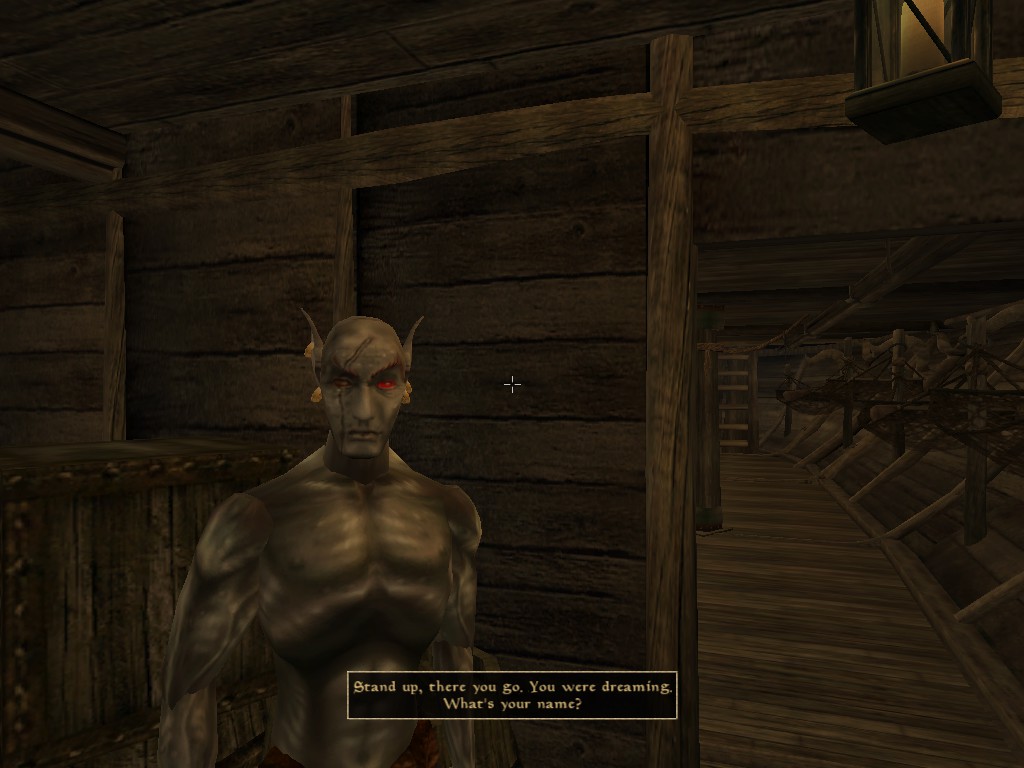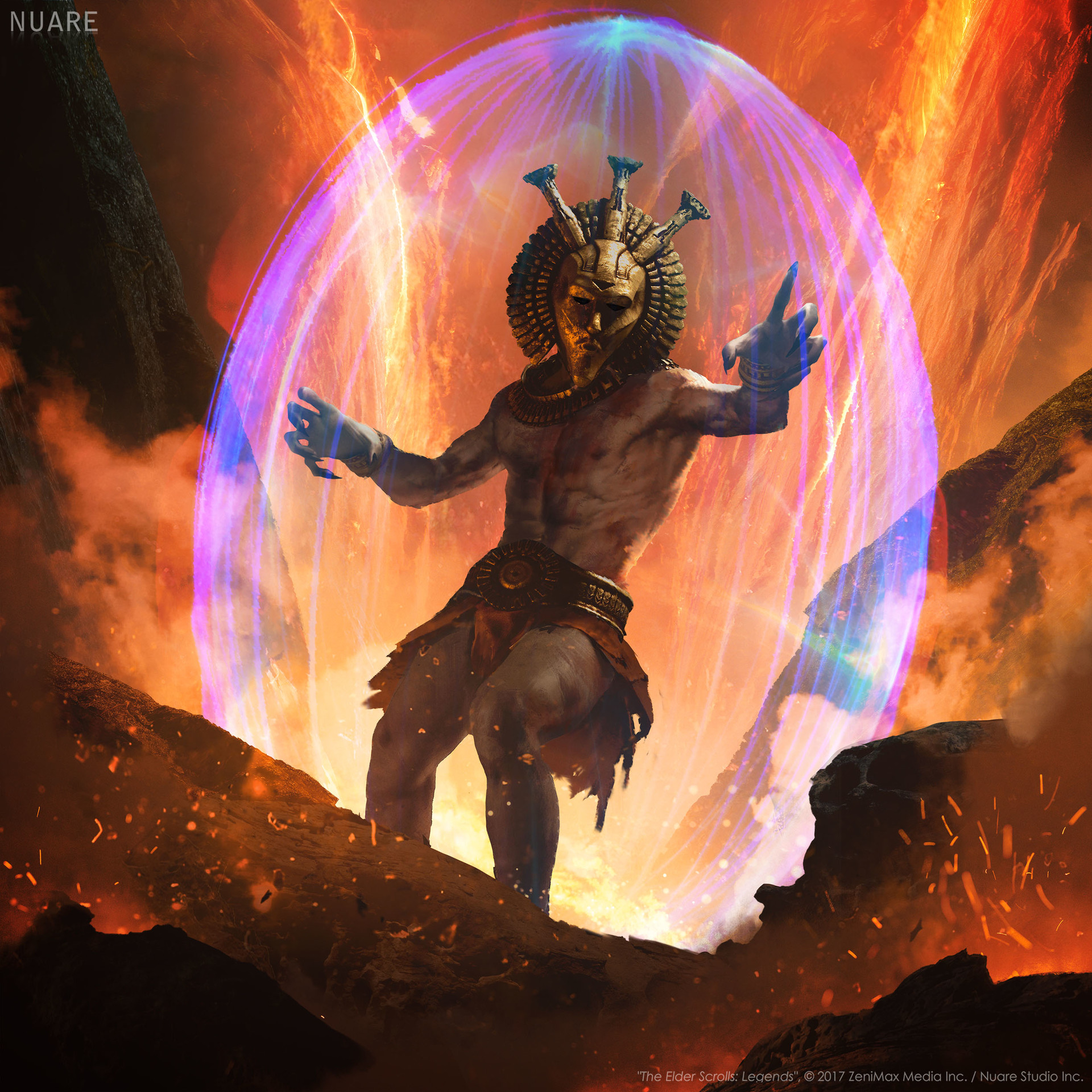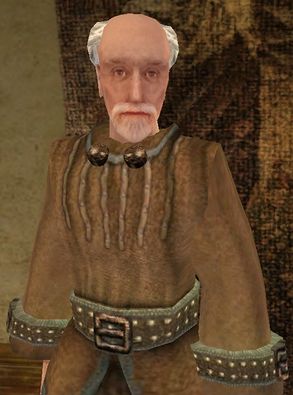Obligatory Disclaimer: I am what many in the hobby would call a 'young whipper-snapper.' I have never played AD&D. My introductions to the hobby came from Matthew Mercer and Arnold K. My knowledge of the system comes largely from The Blue Bard, as well as some light research on my part. I am incapable of having nostalgia for anything D&D related.
I am examining this because it opens a portal to the origin of the hobby, and I believe that is valuable. A fantasy author benefits from understanding the mythological inspirations behind Tolkein, because it allows them to see how one transforms influences into novel and evocative forms, even (no, especially!) if they're not using elves and dwarves. Seeing how the originators of the hobby translated their influences into the first editions of the game gives aspiring creators more options in doing the same with a different seed.
JB of B/X Blackrazor recently turned me on to Anthony Huso of The Blue Bard, a by-the-book AD&D blog. As a newcomer to TTRPGs, it's a tremendous resource, expanding my sphere of knowledge (history) to include a major part of role-playing history. In a post glossing several of AD&D's more particular rules, he briefly mentions system shock.
/cdn.vox-cdn.com/uploads/chorus_image/image/54719427/e722faa4e44e757ff08859feda9a777c.0.jpg) |
| No, not that one. At least, not yet. |
System Shock, not present in the basic versions of the game, is a variant roll-or-die effect used with powerful magic. Haste, resurrection, polymorph, wish and several other effects provoke this check. If you fail, you die. Simple as that. It reinforces the sense of magic as risky and dangerous.
Yet, others take issue with the depiction. This post by Duane of Runecarver circa 2010 makes the case that SS lumps multiple concepts together. The possibly deadly physical shock of magical aging, offensive polymorph and petrification carries the same risk and is handled with the same table as drinking a Potion of Speed, as well as casting Wish and Resurrection.
This, some say, is what Saves vs Death are for, and doubling down on them is unnecessary. Others, such as on this Dragonsfoot thread (possibly the one mentioned by Runecarver?) contend that it doesn't match the fiction; when did you last see a frog turn back into a prince only to die because of the sudden physical trauma?
The response was that AD&D doesn't simulate fiction. When did the protagonists last suffer a TPK after all? But JB specifically calls out adherence to the fiction in his post, claiming that SS simulates a powerful magic-users' caution against using high-level magic. It's dangerous.
But the biggest reason, according to JB, is maintaining tension.
One of the knocks against all versions of basic D&D is its tendency to devolve to more superheroic fantasy with the acquisition of readily utilized, high level magic. Parties that can haste themselves with impunity, polymorph their henchmen into dragons, and raise dead with nary a concern make for nigh unstoppable forces in a campaign world, untroubled...and unchallenged...by the usual dangers and detriments of the game world.
Utilizing system shock, "unrelentingly" as Huso suggests, is a great way to make such high level magics feel a bit more dangerous to the user...a double-edged sword, certainly worth the risk in many cases, but still risky.
These two sides are coming to the rule from different angles. The former group likes the superheroic nature of the game at high levels, and takes umbrage with rules which would curtail that. The latter, led by Huso and JB, want to keep the tense and deadly nature of the game in effect at all levels. They see the abuse of spells like Polymorph, Wish and Resurrect, and see System Shock as a useful rule for keeping the game interesting.
Application
JB and Huso are by-the-book people. Huso has spent years playing AD&D as close to the original rules as possible, while JB has given B/X a similar treatment. For them, a big part of System Shock is not just that it works for their style, but its place in the original rules places it above the dungeon master. The rolling of dice and the strict adherence to rules as written create distance between the game and the DM's whim, and so maintain the place of the DM as a fundamentally neutral entity in a dangerous and deadly world. It's canonical.
I, the filthy heretic that I am, have no such compunctions. I'm going to pull the rule apart, see what works in different games, and make my changes accordingly.
If you're running a superheroic game... you probably shouldn't use it. It's not built for the fiction or feel of the game you're trying to run. Simple as that.
If you're running a grittier, down to earth game, you can gain a lot from its inclusion. But first let's tease apart the effects.
First, the trauma effects. Petrification requires SS rolls both when entering and exiting petrification. If the former fails, you die in addition to being turned to stone, and if the latter fails, you die while returning to flesh. Being petrified is as good as being dead, and in cases where de-petrification magic is less common than resurrection, worse. The appropriateness of SS for petrification depends on:
A) how common the effect is, B) whether there is a saving throw to avoid it C) how common de-petrification is, and D) how lethal you want the game to be.
Aging from ghosts is similar. If your ghosts don't have aging attacks, then it won't apply. If they do, there are some complications pointed out by Runecarver. Do your ghosts take a set number of years off the lifespan? A dice roll? Is it proportional to total life expectancy? Does an elf with ten years taken off have the same risk of death as a human? These are questions for the individual game master and their world. If your campaigns take place on a very short time scale, I recommend adding either Constitution damage or, if you're feeling nasty, level drain. But that's for another post.
Polymorph can be a very useful effect. Not only can you transform enemies into bunny rabbits, you can transform allies into dragons. This seems to be enough of a concern that Gygax and Arneson defined Polymorph (at the very least the true, Polymorph Other spell) as an offensive spell which would trigger System Shock. Even if it's voluntary, you can't deliberately fail your save (as per Runecarver, I can't confirm this myself). If you see your players transforming their hirelings into various monsters to stomp the dungeon, I suggest heavily penalized Morale checks. If you see the players turning each other into monsters, I'm tempted to let them, with the risk of staying that way forever. But System Shock for involuntary transformation is kosher in my book, pretty much as written.
Then, the spellcasting. Very powerful magic, such as Wish and Resurrect, provoke System Shock rolls on the caster. Near as I can tell, the spell goes through if it fails. Again, I like the implication. The limit on Wish isn't just how much gold you have - it's how willing you are to risk character death. And raising that character also triggers SS - on the caster! Huso tells the story of his party convincing their 16th level NPC cleric to revive their 6th level magic-user. The MU is brought back, but the cleric fails his save (rolled openly) and dies.
This, again, feels right to me. The uncertainty does more to make the magic feel risky and costly than any amount of gold.
'BUT!' cry the opponents. 'This is all stuff that should be handled with a Save vs Death, or Petrification or Polymorph! Why have a whole separate system?'
Well, I'll tell you why. Let's take a look at the Save tables.
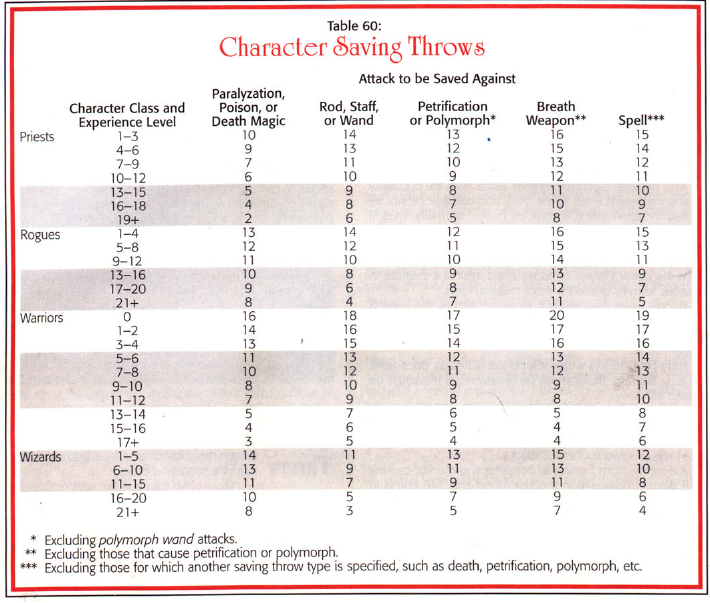 |
| This is the 2E table, but the relevant sections are identical. |
For fellow GLOG-ites, note that the Saves here are roll-over.
Saves are dependent on class and level. Since we're talking spellcasting, Priests and Wizards are our focus.
Defense against Petrification and Polymorph are their own thing, while aging could easily be placed under Death, if one wanted to replace System Shock with a Save. Of course, the former two already get that. No class has better than a 80% chance to Save, even at the highest levels. At starting levels, it ranges from 20-45%.
Now, aging from ghosts doesn't get a saving throw. More accurately, the to-hit roll is your saving throw. It's part of what makes undead scary in AD&D. You could put that under Death, which starts out with a save chance between 30-50% at level one and 60-90% at the highest levels.
If you want to use Save vs Death for casting Wish and Resurrection, then you're applying a level-dependent chance to a character which must be high level to begin with.
Now, let's take a look at the System Shock table from Supplement 1: Greyhawk, provided by JB.
Constitution 3-6: 35%
Constitution 7-10: 55%
Constitution 11-12: 80%
Constitution 13-14: 90%
Constitution 15: 95%
Constitution 16: 98%
Constitution 17: 99%
Constitution 18: 100%
You'll note that these are not dependent on level, but on attributes. The effects on gameplay are completely different. Short of very lucky scroll finds, characters casting Wish and Resurrection will be high-level, but don't necessarily have high Constitutions. Wizards in particular aren't known for being tanky. The value of the Save mechanic comes from watching characters overcome threats as they get steadily more powerful. The value of attribute-dependent rolls comes from differentiating player characters of the same level.
GLOG
The applications in GLOG should be clear here. Save is dependent on a combination of Level bonus and Charisma bonus. However, you're unlikely to ever have a greater than 50% base Save. If you dumped Charisma, it may be very low indeed. Saves come into play when the party messes up, and they get a chance to not mess up. At pretty much all levels, they will probably suffer, but in a reasonable number of cases, they will be spared.
If you want to copy the table above straight into GLOG, it'll work just fine. If you like everything to be compact, you can simply use a Constitution check, which is less generous than the table and has a very different curve, but produces a largely similar effect. The use of modifiers here will help drive player behavior. I like the idea of using a fancy, slow ritual to boost the System Shock chance. That's my rationale for why villains always use easily-interruptible summons. They want to live.
Fundamentally, System Shock adds a manageable risk to powerful magic. The decision to use Wish and Resurrect becomes less sure, and all the more exciting for it. Effects like Polymorph and Petrification remain scary at higher levels, while still being limited by previous Saves. Undead are all the more terrifying.
Final thoughts
This post was meant to be a small introduction to adapting AD&D for GLOG. It ballooned very quickly. When this series comes up next in my writing cycle, I plan to do psionics. But, you know, not before I finish the ESGLOG Wizards. And probably the Encounter Table challenge.
If JB and Anthony Huso somehow end up reading all the way down, I sincerely apologize for the heresy, and heartily recommend their blogs.
